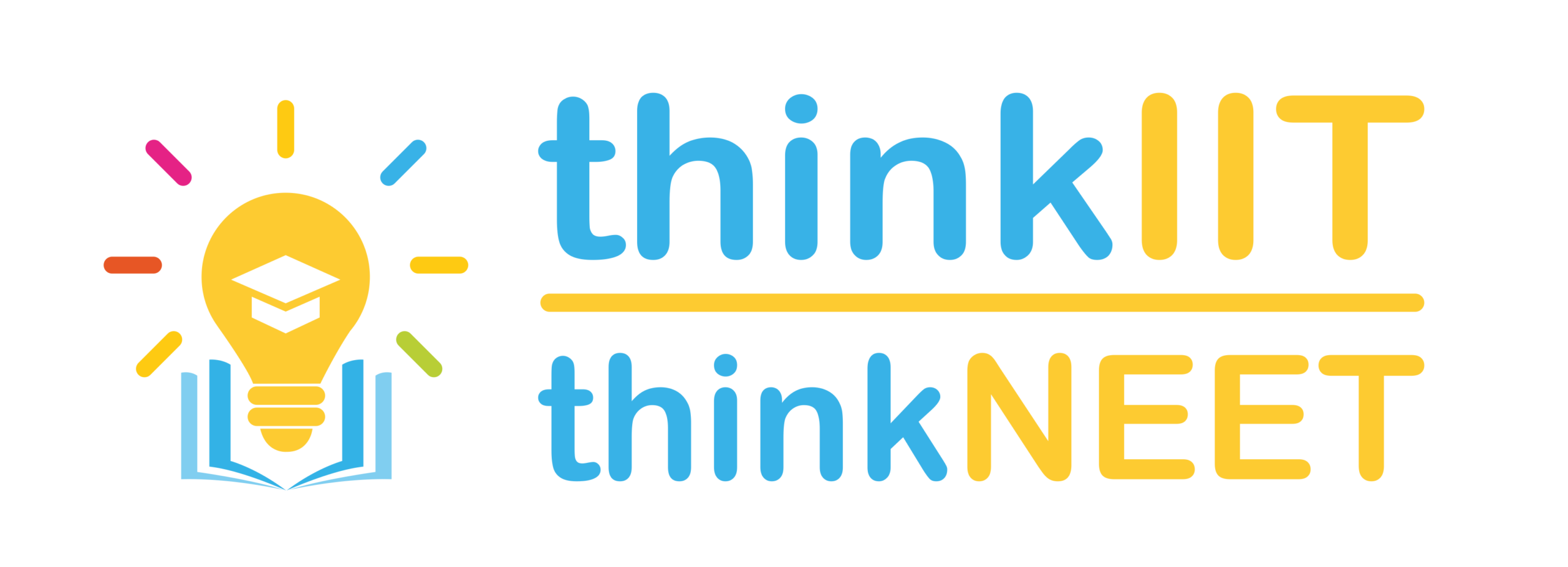Introduction
As students, we have all experienced the nerve-wracking process of exam preparation. Nonetheless, preparing for exams involves more than just memorizing and regurgitating information. In fact, self-assessment is a crucial aspect of exam preparation that can ultimately determine the outcome of our performance. Therefore, in this article, we will delve into the significance of self-assessment during exam preparation and how it can profoundly impact our academic success.
Understanding Self-Assessment
Self-assessment is the process of evaluating our own knowledge, skills, and abilities. It involves assessing our strengths and weaknesses, identifying areas of improvement, and setting realistic goals. Self-assessment is a continuous process that can help us monitor our progress and make necessary adjustments to improve our performance.
The Benefits of Self-Assessment
- Identifying knowledge gaps: Self-assessment helps us identify our knowledge gaps, areas where we lack understanding or information. This allows us to focus on specific areas that need improvement and avoid wasting time on topics we already understand.
- Improving memory retention: Self-assessment promotes active learning and memory retention. By reviewing information, attempting practice questions, and testing ourselves, we can reinforce our understanding and recall information more effectively.
- Enhancing critical thinking skills: Self-assessment encourages critical thinking skills, enabling us to evaluate our understanding, analyze information, and identify patterns and connections between topics.
- Boosting confidence: Self-assessment can boost our confidence by highlighting our strengths and accomplishments. By setting achievable goals and tracking our progress, we can motivate ourselves and build a sense of accomplishment.
- Implementing Self-Assessment in Exam Preparation.
When it comes to exam preparation, it’s essential to start by identifying our learning objectives and creating a study plan. One effective method for achieving this is to set SMART (specific, measurable, achievable, relevant, and time-bound) goals and break down the study material into manageable chunks.
In addition, practicing self-testing is another crucial aspect of exam preparation. This involves utilizing past papers or creating our own practice questions to identify knowledge gaps and enhance memory retention.
After completing practice questions or past papers, it’s essential to review and reflect on our performance. This can involve analyzing our mistakes, identifying areas of improvement, and adjusting our study plan accordingly. By regularly reviewing and reflecting, we can optimize our exam preparation and increase our chances of success.
Strategic Time Allocation: Enhancing Exam Performance
In the realm of exam preparation, one pivotal strategy that often goes overlooked is the art of time management. It’s not just about the hours dedicated to studying; it’s also about how time is utilized during the exam itself. Mastering the skill of managing time efficiently can dramatically elevate one’s ability to perform under pressure.
This entails prioritizing questions based on strengths and familiarity, allocating appropriate time blocks to each section, and leaving room for review. By adopting a strategic approach to time during exams, students can significantly improve their accuracy and the quality of their responses, leading to better results. Integrating this focus on time management with the practice of self-assessment prepares students to face exams with confidence, ensuring that their preparation is not just thorough but also strategically aligned with the goal of achieving excellence.
Conclusion
Self-assessment is a vital aspect of exam preparation that can impact our academic success. It helps us identify knowledge gaps, improve memory retention, enhance critical thinking skills, and boost our confidence. Implementing self-assessment in our exam preparation can help us achieve our learning objectives and improve our performance.
Powered by thinkIIT
Follow us on
Facebook
Twitter
Instagram
FAQs
- What is the difference between self-assessment and assessment by others?
Self-assessment involves evaluating our own knowledge, skills, and abilities, while assessment by others involves receiving feedback from instructors or peers.
- Can self-assessment replace feedback from instructors?
No, self-assessment should be used in conjunction with feedback from instructors to gain a holistic understanding of our performance.
- How often should I self-assess during exam preparation?
Self-assessment should be done continuously throughout the exam preparation process to monitor progress and make necessary adjustments.
- What if I identify too many knowledge gaps during self-assessment?
Identifying knowledge gaps is a natural part of the self-assessment process. It is essential to prioritize areas of improvement and create a study plan to address them.
- How can I ensure that my self-assessment is accurate?
Self-assessment can be made more accurate by using a variety of assessment tools, such as practice questions, past papers, and quizzes, and by reviewing and reflecting on our performance regularly.




